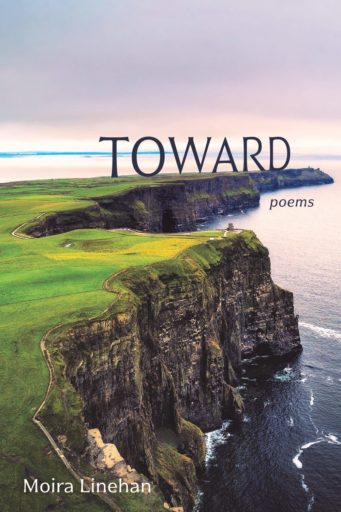

World Without End, Claude Wilkinson’s fourth poetry collection, takes its title from the last words of the Gloria Patri. But the preceding words—“as it was in the beginning, is now and ever shall be”— also echo the book’s overarching theme: the seemingly infinite spiritual implications woven throughout our experience in the natural world.
| Hardcover | ISBN 9781639820375 | $26.00 |
| Paperback | ISBN 9781639820368 | $12.00 |
| eBook | ISBN 9781639820382 | $12.99 |
World Without End, Claude Wilkinson’s fourth poetry collection, takes its title from the last words of the Gloria Patri. But the preceding words—“as it was in the beginning, is now and ever shall be”— also echo the book’s overarching theme: the seemingly infinite spiritual implications woven throughout our experience in the natural world. The poems are organized into meditations on family and community, spiritual worldviews, art and its insights, and nature’s endless source of ever-relevant metaphor.
The poems also speak to each other across these sections—and even with poems in Wilkinson’s earlier collections. World Without End opens with “Among Other Things, My Father Teaches Me How to Mow Grass,” exploring the relationship of father and son, something that is revisited later on in “Salvia.” Both poems long for conciliation between father and son through yard work—restoring order in the garden, a lost Eden.
Wilkinson’s gift for ekphrastic poetry remains strong in World Without End, though here it is more referential and allusive. Rather than engaging specific works of art, the poet strives to understand the broader aesthetic visions of figures like Theodore Dreiser, Vincent Van Gogh, and Walter Anderson. In the title poem, a reference to Edward Hicks’s The Peaceable Kingdom suggests art’s ephemeral yet sustaining power—and an irrepressible yearning for a return to paradise.
In these pages, dragonflies, mockingbirds, ragwort, angle worms—the whole of teeming nature—springs to life. But it is the poet’s reflection on these odd, assorted beings that renders his poems so remarkable. . . . To read World Without End is to ask the questions that nag many of us humans. What are we doing here and what does our presence portend?
Jeanne Murray Walker, author of Pilgrim, You Find the Path by Walking
Wilkinson brings art and nature together—the artfulness here not in its faithful copying of nature, but in its evocation of reality in all its fullness; the casual skill the poems display as they move deftly between the everyday and ‘heaven and earth’; and most of all, the person in these poems—a man fully aware of the dangers and fragility of life and yet a man, humbled by life, who, nevertheless fully embraces how miraculous it is to be alive in a world where everything dies, and yet everything goes on, ‘world without end.
Robert Cording, author of Heavy Grace and Walking with Ruskin
In earlier times, this fine collection of poems would have been subtitled ‘Or, Nature’s verities reveal’d.’ Among those revelations is the sense of purpose visible in all life. (No simple-minded Darwinism here.) Yes, reality can be apprehended by the senses, and, in Claude Wilkinson’s poetic vision, it is apprehended beautifully. World Without End is a splendid successor to his previous books.
Catharine Savage Brosman, author of On the North Slope: Poems